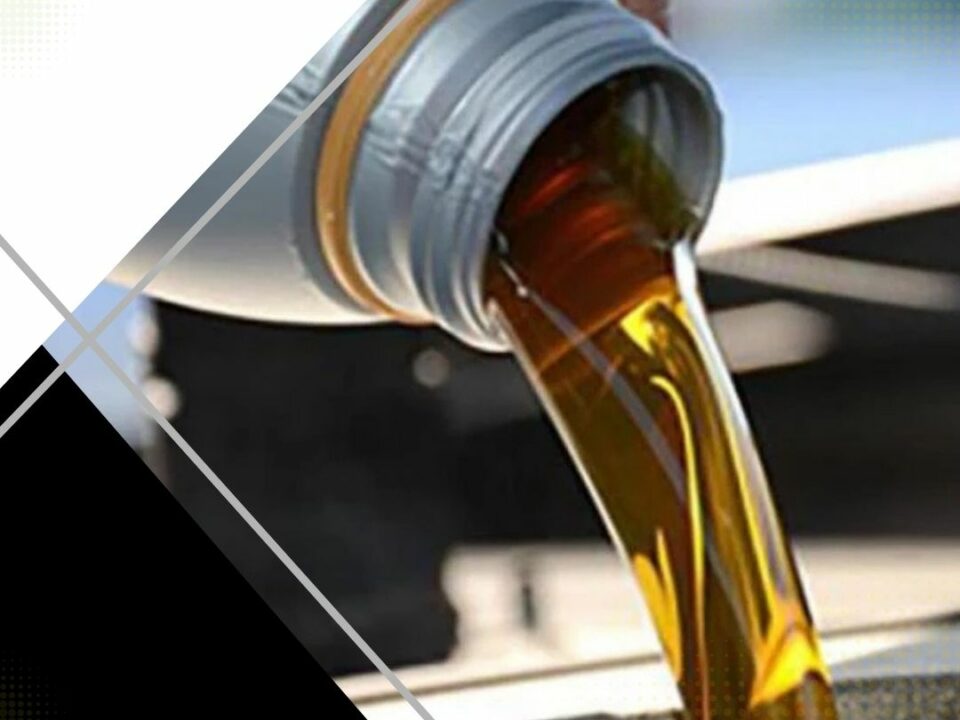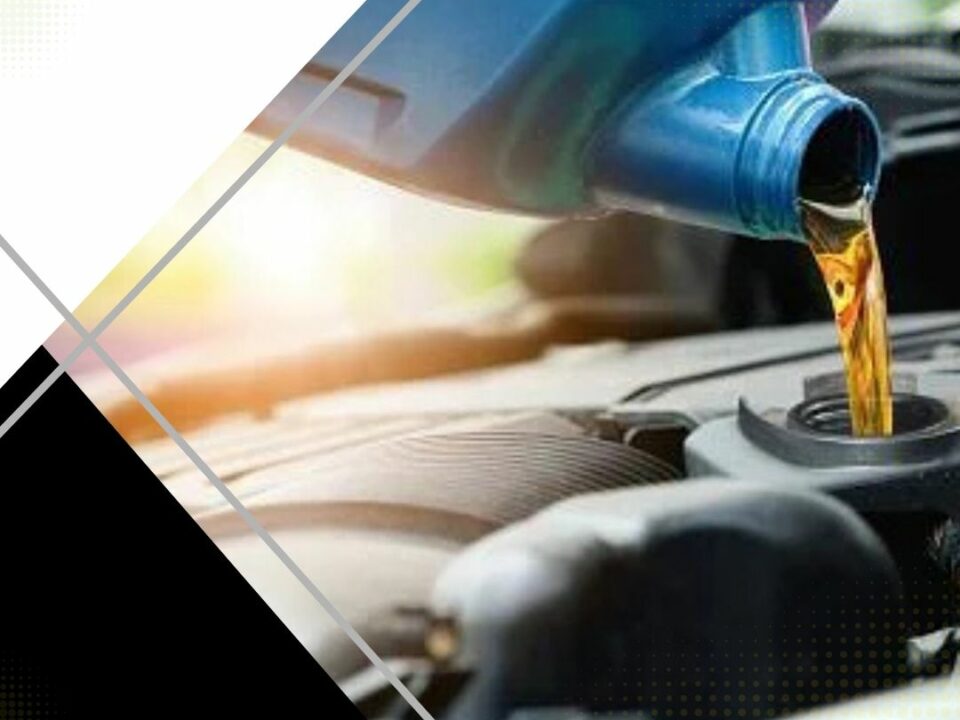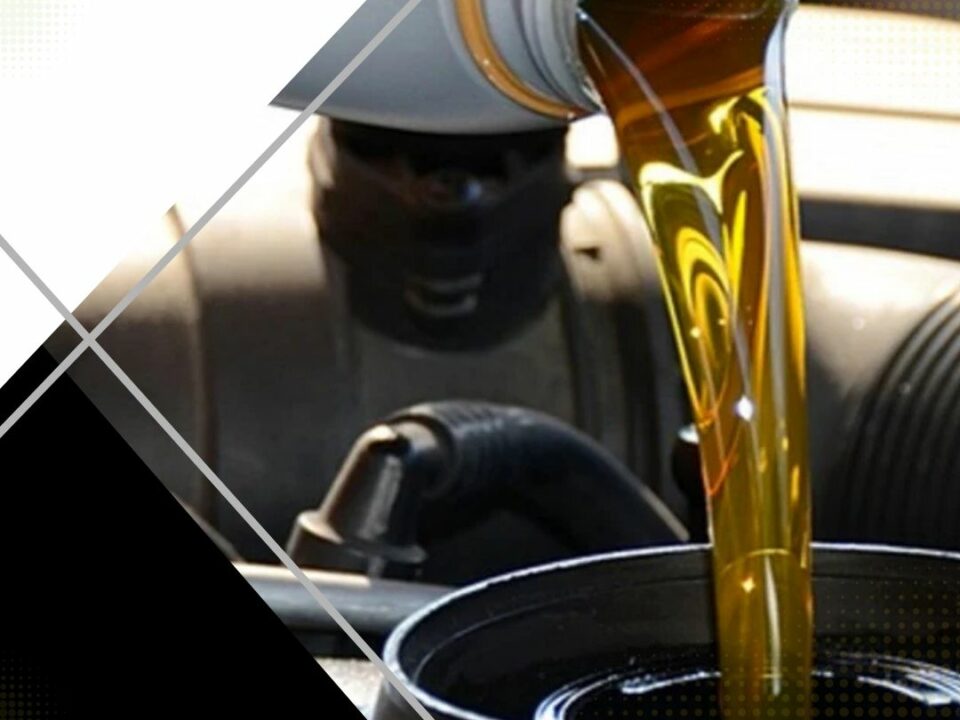
Embracing JDM Culture: The Importance of Proper Oil Changes for Imported Japanese Cars
April 4, 2023
The Art of Engine Care: Oil Change Tips for Honda, Toyota, and Nissan
April 4, 2023Japanese car manufacturers are at the forefront of hybrid and electric vehicle technology, offering a range of eco-friendly options for drivers. While these vehicles require less maintenance than their conventional counterparts, they still demand some attention when it comes to oil changes. In this blog post, we’ll examine the role of oil changes in the maintenance of Japanese hybrid and electric vehicles, highlighting differences from conventional cars and offering guidance on best practices.
The role of oil changes in hybrid vehicles
Hybrid vehicles combine a traditional internal combustion engine with an electric motor, resulting in improved fuel efficiency and reduced emissions. While the electric motor requires minimal maintenance, the internal combustion engine still needs regular oil changes to ensure smooth operation and longevity. In general, hybrid vehicles require less frequent oil changes due to the reduced workload on the engine.
Recommended oil change intervals for Japanese hybrid vehicles
Japanese hybrid vehicles typically have longer oil change intervals compared to conventional cars, reflecting the reduced stress on the engine. Here are some general recommendations:
- Toyota Prius: 10,000 miles or every 12 months (whichever comes first)
- Honda Insight: 7,500 miles or every 12 months (whichever comes first)
- Nissan LEAF e+: Though fully electric, the LEAF e+ has a small oil reservoir for the reduction gear, with a recommended oil change interval of 20,000 miles.
Always consult your owner’s manual for specific recommendations for your hybrid vehicle.
Choosing the right oil for your Japanese hybrid vehicle
Hybrid vehicles often require specialized engine oil designed to withstand the unique operating conditions of a hybrid powertrain. Look for oils with the following characteristics:
- Low viscosity: A lower viscosity oil (e.g., 0W-20) reduces friction and enhances fuel efficiency.
- Hybrid compatibility: Some oils are specifically formulated for hybrid vehicles, offering optimal protection for electric motor components.
Always use engine oil that meets or exceeds the manufacturer’s specifications.
Oil changes for fully electric vehicles
Fully electric vehicles (EVs) do not have internal combustion engines, which means they do not require traditional oil changes. However, some electric vehicles, like the Nissan LEAF e+, have a small oil reservoir for the reduction gear. In these cases, refer to your owner’s manual for specific recommendations on oil type and change intervals.
Performing an oil change on a hybrid vehicle
The process of changing oil in a hybrid vehicle is similar to that of a conventional car. However, there are some additional safety considerations to keep in mind:
- Always power off the vehicle before starting the oil change process.
- Be aware of high-voltage components and cables in the engine compartment, and avoid touching them.
While Japanese hybrid and electric vehicles require different maintenance considerations than conventional cars, oil changes still play a vital role in ensuring optimal performance and longevity. By following the manufacturer’s recommendations for oil types and intervals, you’ll help protect your eco-friendly vehicle and maintain its efficiency for years to come.
The Art of Engine Care: Oil Change Tips for Honda, Toyota, and Nissan
Embracing JDM Culture: The Importance of Proper Oil Changes for Imported Japanese Cars




